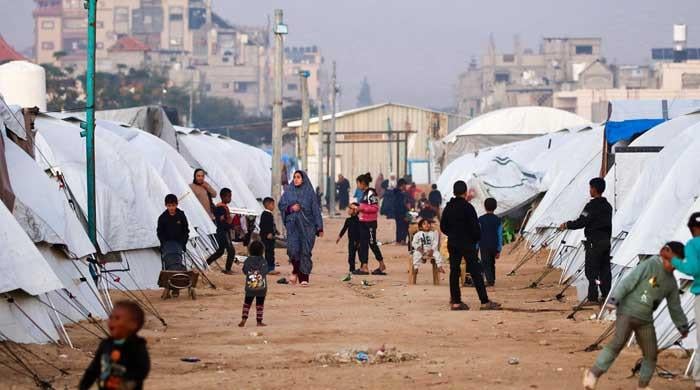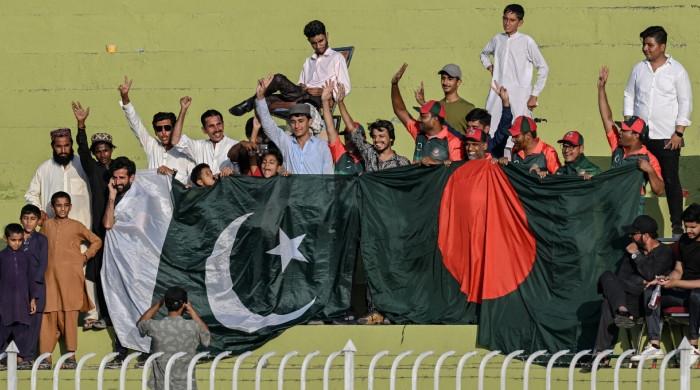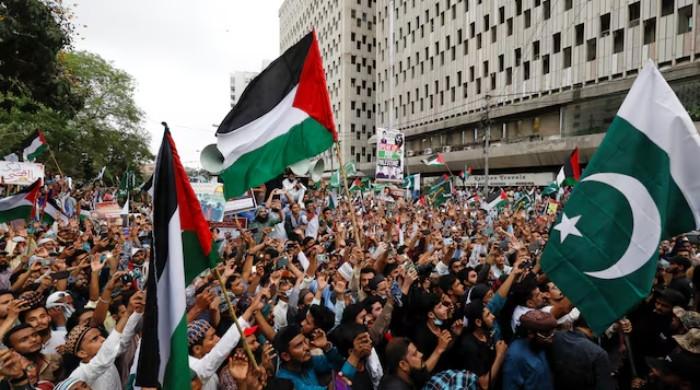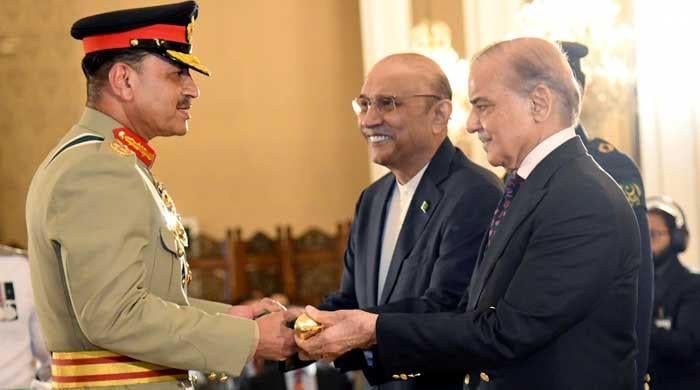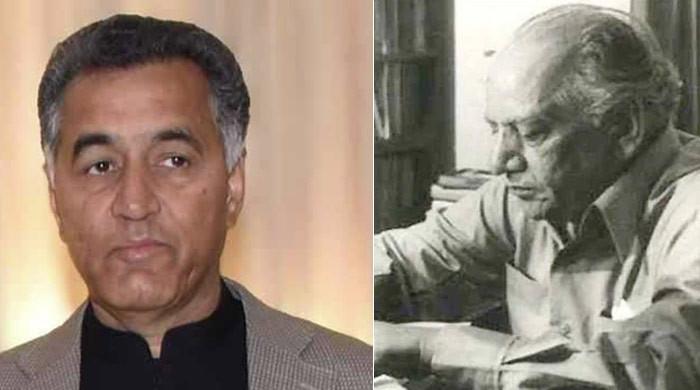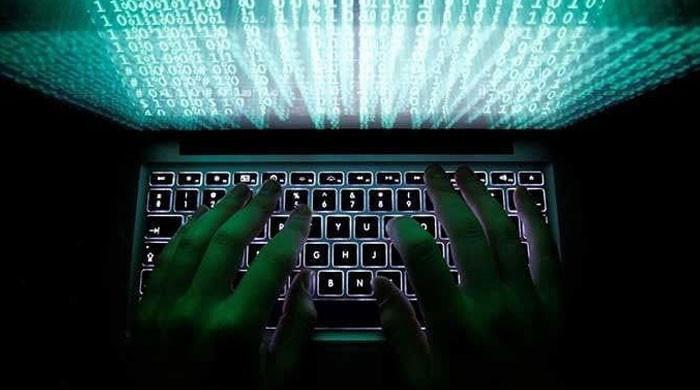Why are the Sharifs silent?
Why has the House of Sharifs adopted a silent narrative?
April 15, 2019
Ever since the House of Sharifs decided to adopt a somewhat ‘silent narrative’, in other words, a quiet National Reconciliation Ordinance (NRO), which allegedly lessened the pressure on them, Prime Minister Imran Khan is not happy.
Both him and members of his party are certain that the Sharifs, Zardari and his family have been embezzling billions of rupees, due to which they should be ousted from politics once and for all. Khan, reportedly, has been probing the matter and doing what he can to resist the relief being offered, irrespective of where it is coming from.
So, will this sour things between the state institutions?
No one knows who the architect of this mysterious narrative is, except maybe Federal Minister Sheikh Rashid. He claims to have seen Shehbaz Sharif seeking the NRO.
The Pakistan Muslim League-N (PML-N) strongly denies any such deal.
Now, what is this ‘silent narrative’ that has subdued Nawaz Sharif’s otherwise aggressive form of doing politics? Why is he quiet as of late? Today, he is out on bail for six weeks, and while free he has shown an utmost restraint from speaking against the institutions. Neither is he lashing out against the Pakistan Tehreek-e-Insaf (PTI)-led government or agreeing to tactics to destabilize their rule.
On the other hand, the prime minister wants the Sharifs back in jail. He wants the same fate for Zardari. But some of his ‘friends’ might not agree. They still see Shehbaz Sharif as a better alternative to his brother. It is likely that under the NRO, Nawaz Sharif will not be allowed to go abroad. The elder Sharif will continue to get the best possible medical treatment in Pakistan and may seek to spend more time at home, at least till Eid holidays. Shehbaz, his younger brother, and president of the PML-N is presently in London, purportedly for health check-ups, but there maybe more to it.
As for now, Imran Khan is not backing down. He has instructed the agencies under the Interior Ministry – the FIA, IB and police –to gather more information about the Sharif’s alleged crime of corruption and money laundering.
Sources tell me that Khan is more concerned about Shehbaz Sharif, then Nawaz Sharif, as the PTI government in Punjab is failing to stabilize. His handpicked chief minister has not been able to deliver. Separately, the internal groupings within the party are coming to the fore, especially in Punjab, as was evident during the recent war of words between Jahangir Tareen and Shah Mahmood Qureshi. Such squabbling has increased the bargaining position of PTI’s allies in the province, therefore the Pakistan Muslim League-Q and the Janobi Punjab Mahaz.
Those close to the prime minister feel that if the situation in Punjab remains the same, it would by default help the image of the former chief minister, Shehbaz Sharif.
Back to the ‘silent narrative’ deal. Under it, seemingly, the PML-N would not go for any street agitation against the incumbent government.
Moreover, the final fate of Nawaz Sharif and his daughter, Maryam Nawaz Sharif, would be decided by the end of this year, which will be interesting to watch. Even if both, or just Maryam Nawaz is allowed to return to politics, she will be sticking to the agreement. Her focus would only be the PTI government and not any other state institution. Therefore, chances are that the PML-N would continue to give a tough time to the PTI government at the centre and in Punjab. But even if they join the Grand Democratic Alliance, it would be a token participation.
Also, what about the other parties, in the opposition, such as the Pakistan Peoples Party (PPP), which is breathing fire these days. Will it go for the silent path as well to seek some relief?
The PPP leaders are more candid in private discussions about the NRO for the Sharifs and the lack of NRO for them. They feel that Nawaz Sharif, after the GT road march, and his return from London, realized that his party leaders lacked the conviction to go all out, fearing prison time. His younger brother, Shehbaz, then played a decisive role in advising him to adopt the ‘silent narrative’ to keep the party and the vote bank intact.
Prime Minister Imran Khan is lucky that despite some of his weak policies - the price hike, decline in exports, inflation and as his own finance minister warning people of tough times ahead – the PTI-led government has had no immediate threat from the opposition.
But even if the Sharifs decide to remain silent, the PPP, along with the JUI-F and the ANP, could adopt a confrontational policy. The question here is if the PPP is in a strong enough position to launch a movement, particularly if Zardari and other top PPP leaders are behind bars?
Undoubtedly though, if Imran Khan persists on bringing more cases against the Sharifs, they could too drop the silence.
Whether the recent back-to-back relief to the PML-N’s top leadership is just a coincident or part of a plan, one thing is for sure, it is helping the ruling-PTI government in keeping a trust deficit and preventing its two biggest rivals – the PML-N and PPP- from coming together.
Abbas is a senior columnist and analyst for GEO, The News and Jang. He tweets @MazharAbbasGEO




